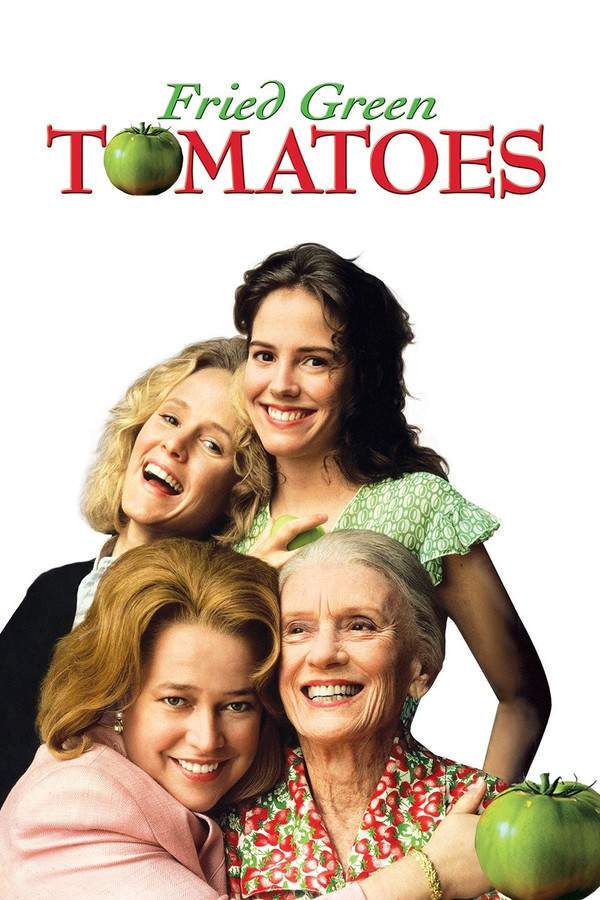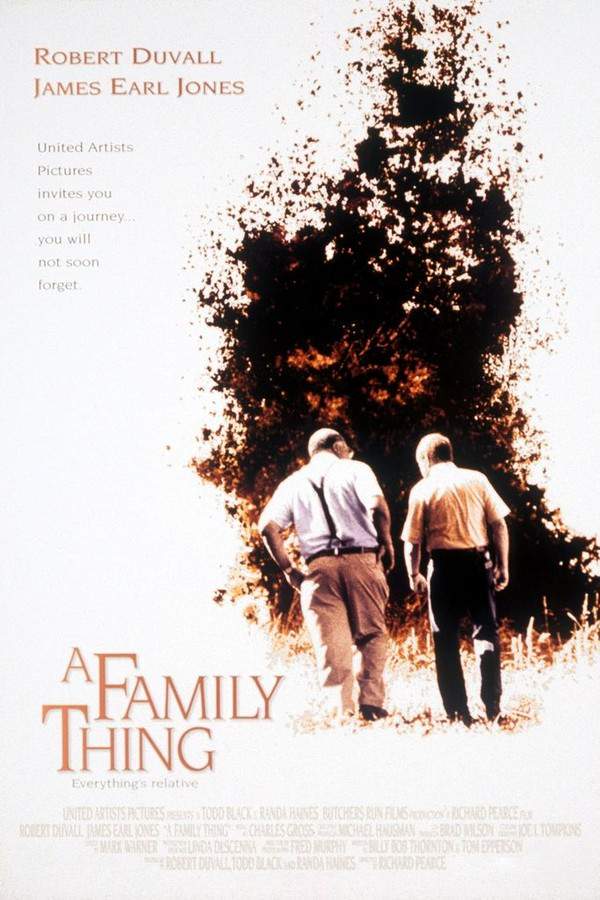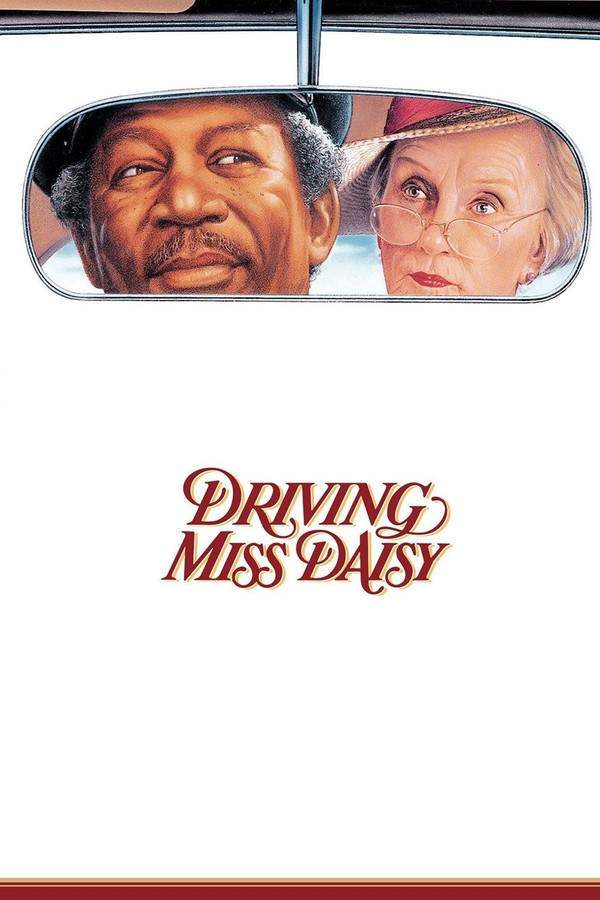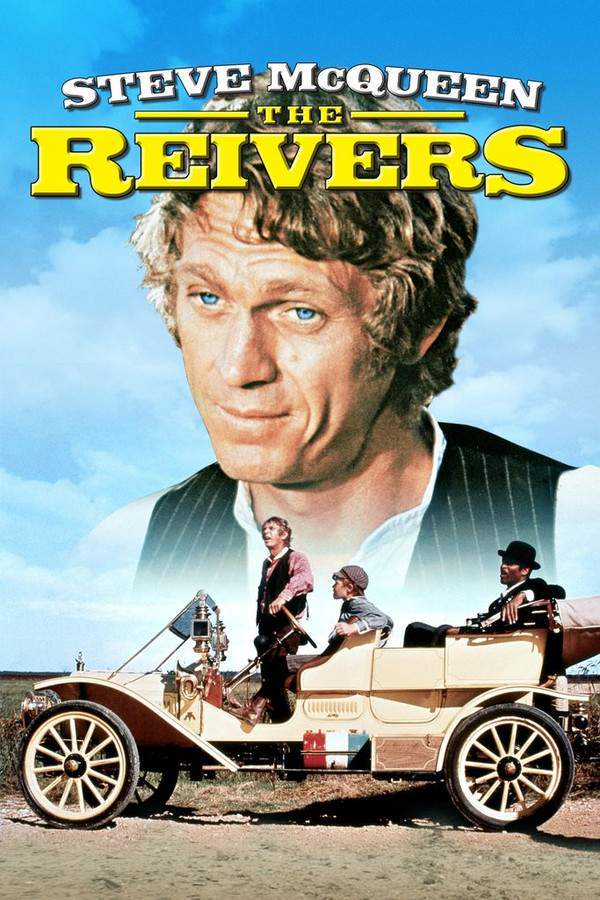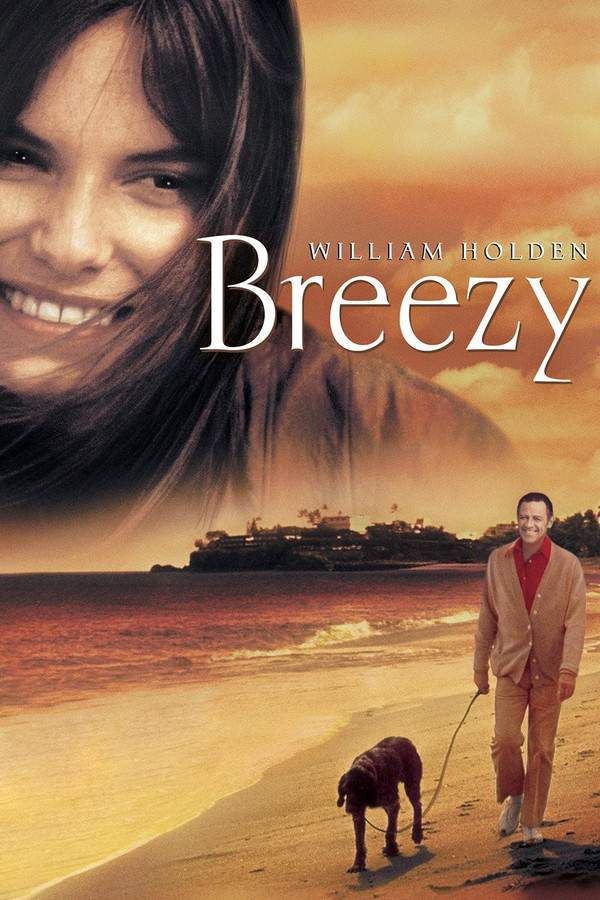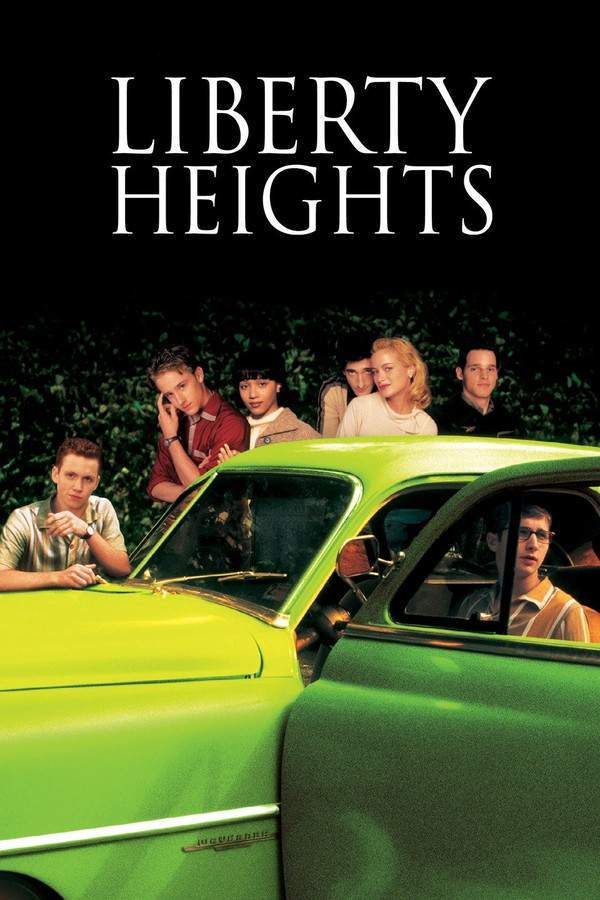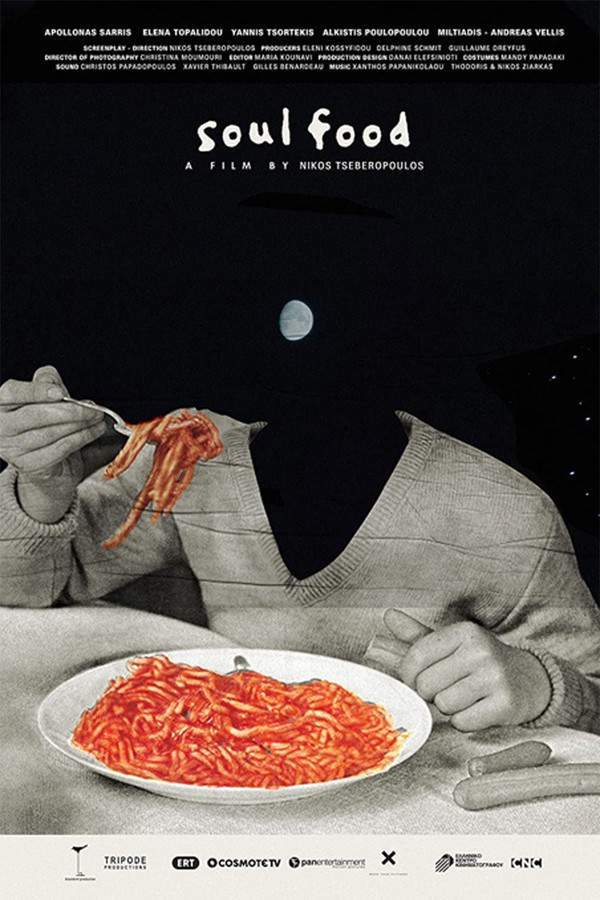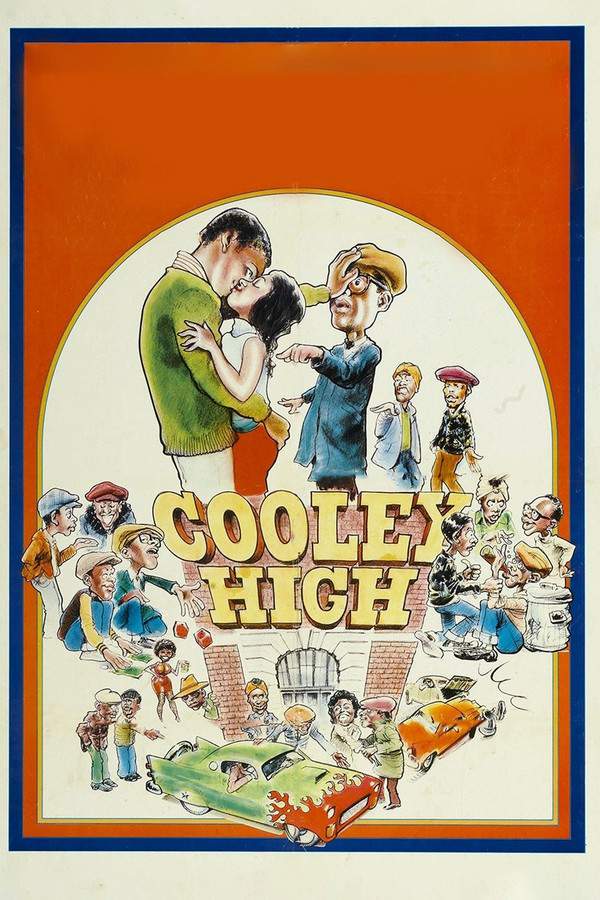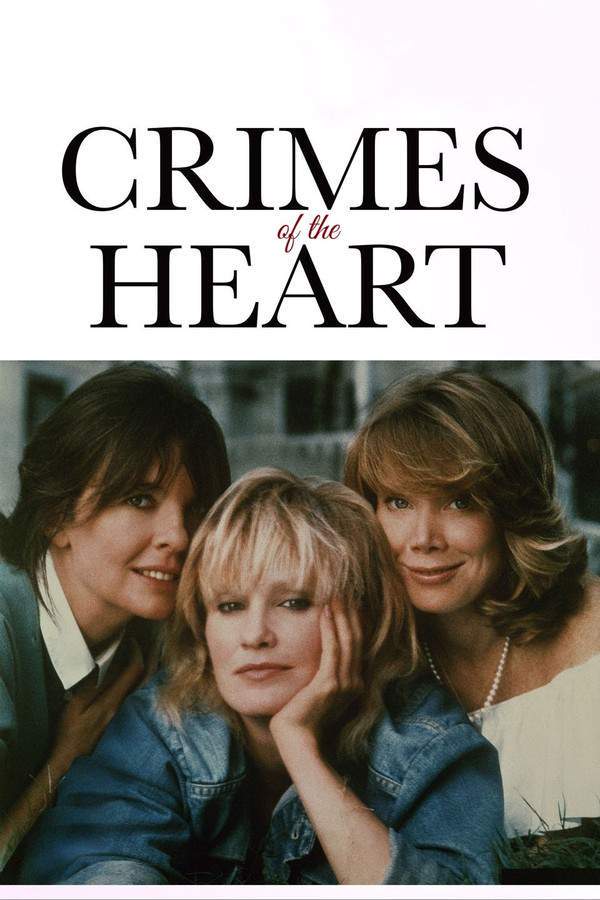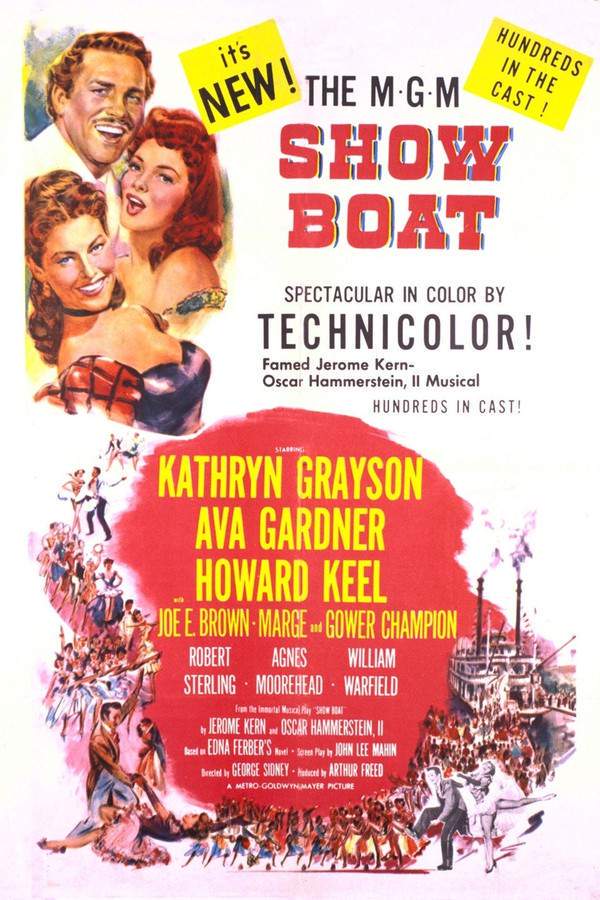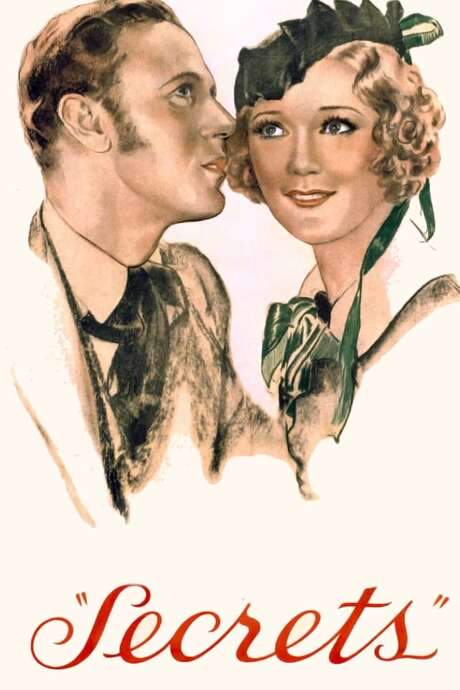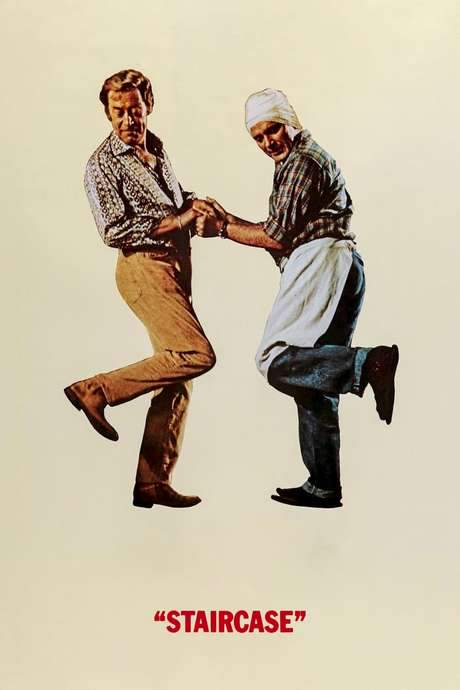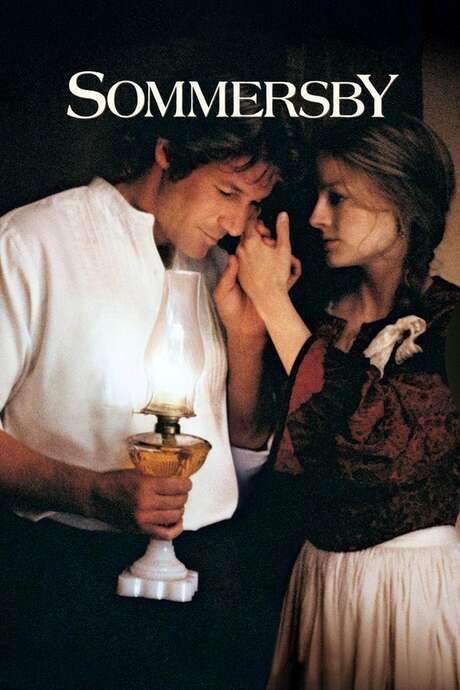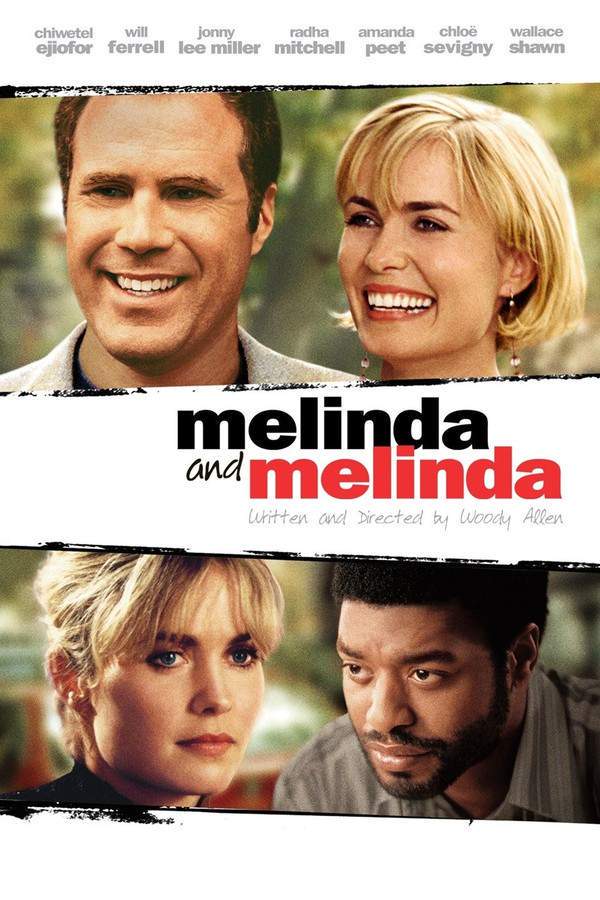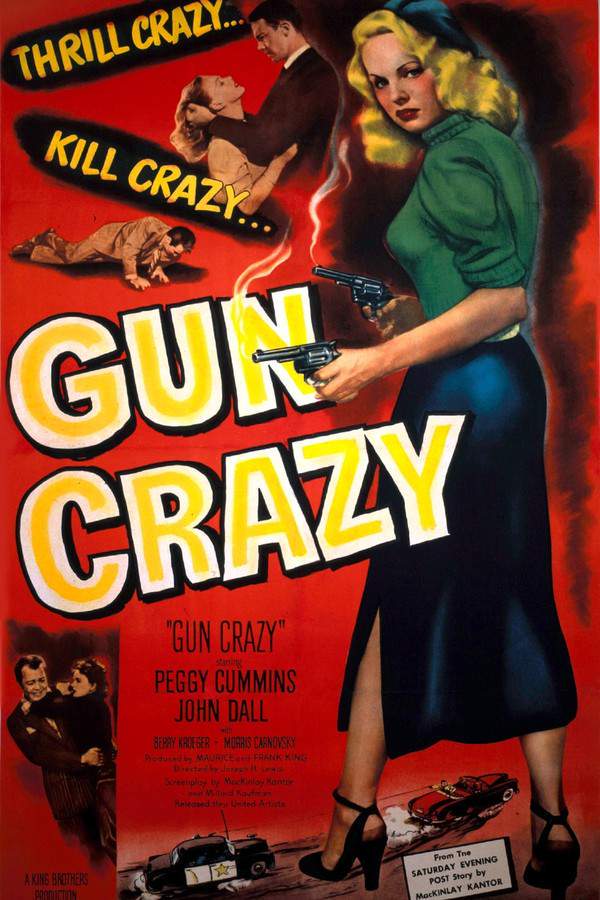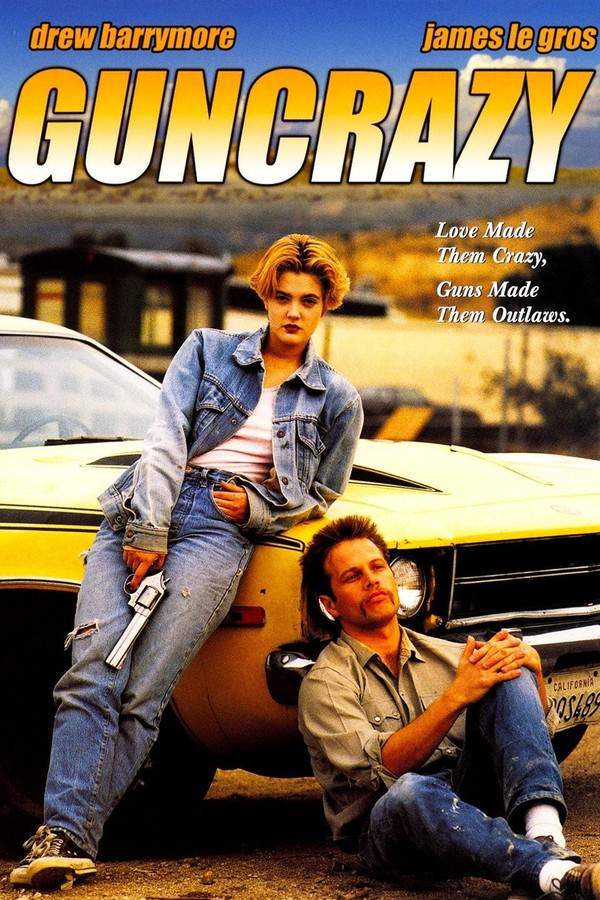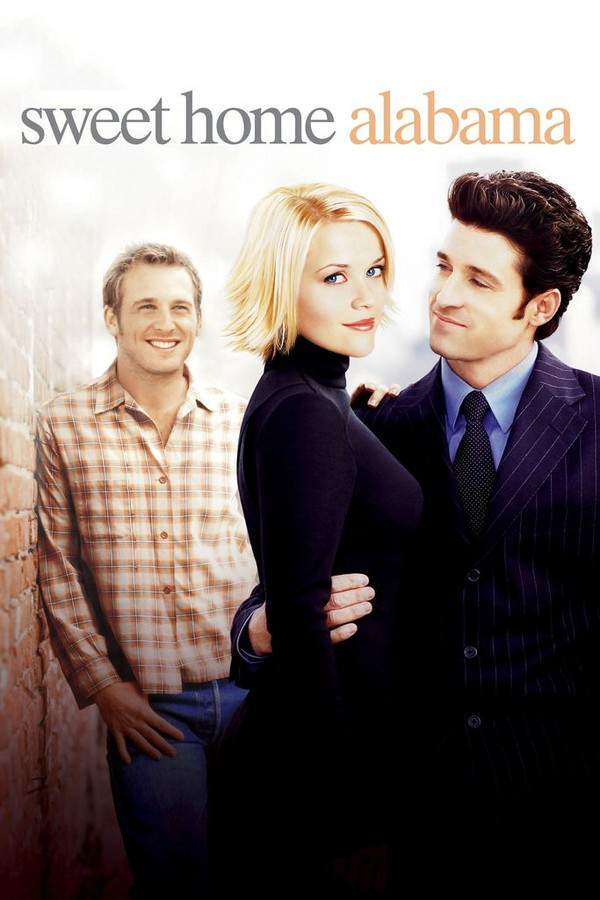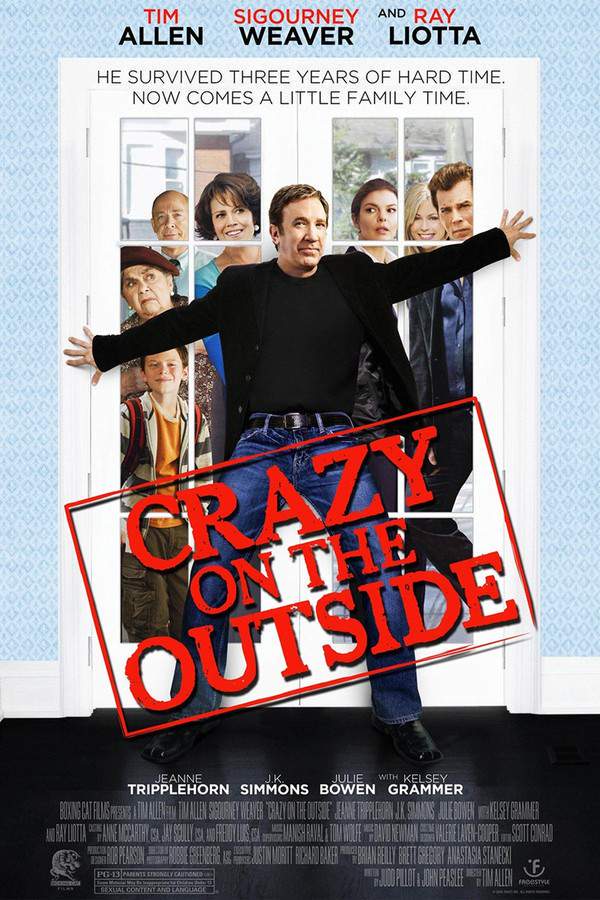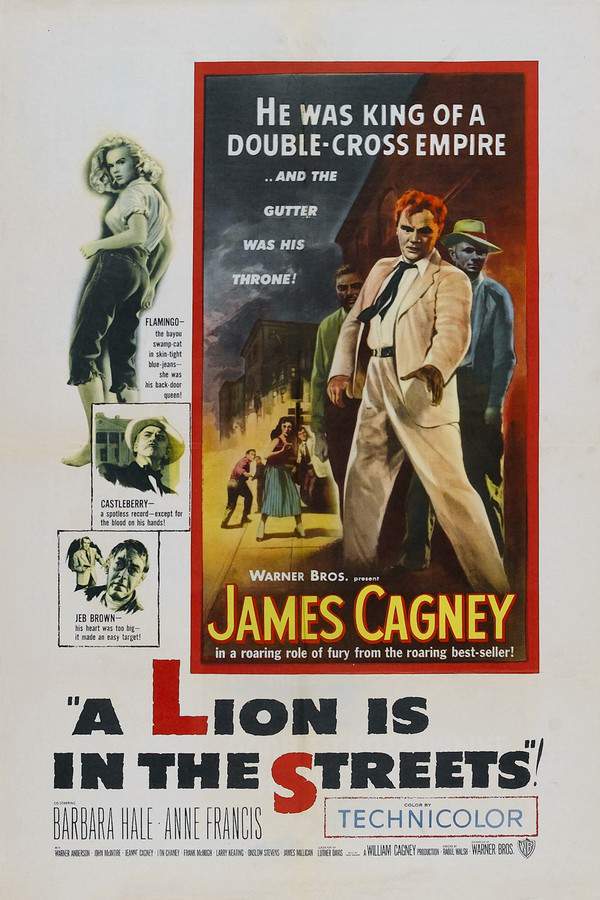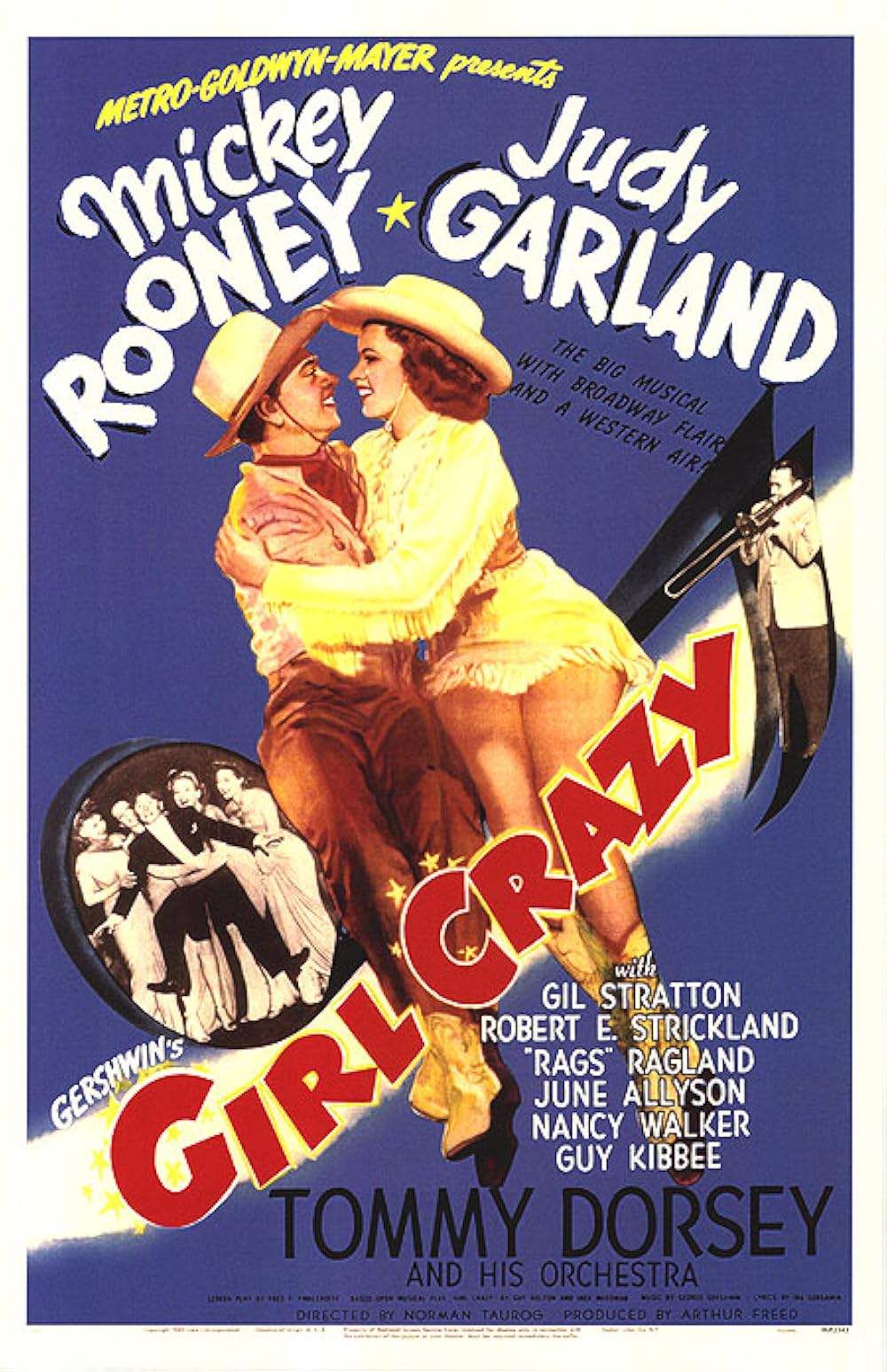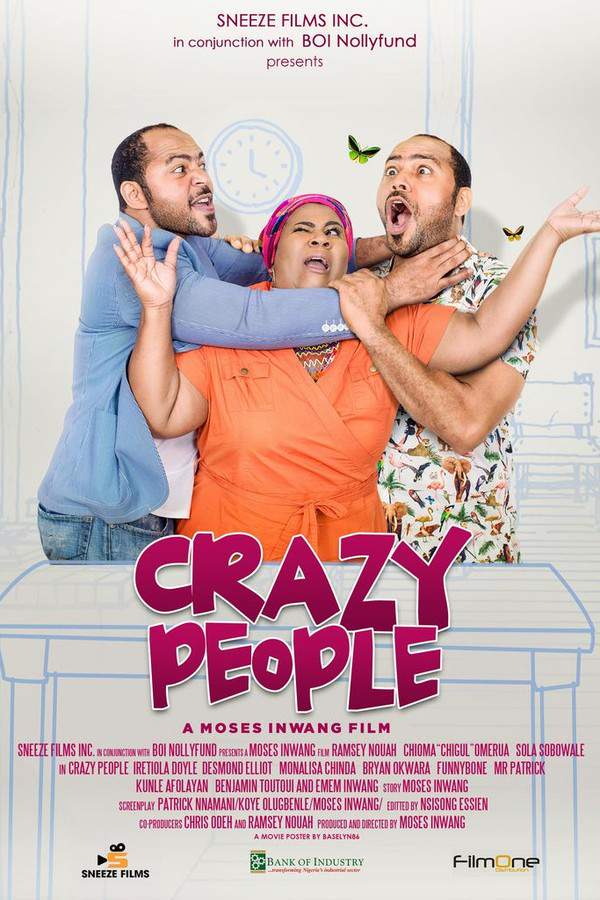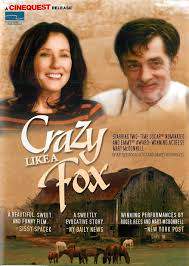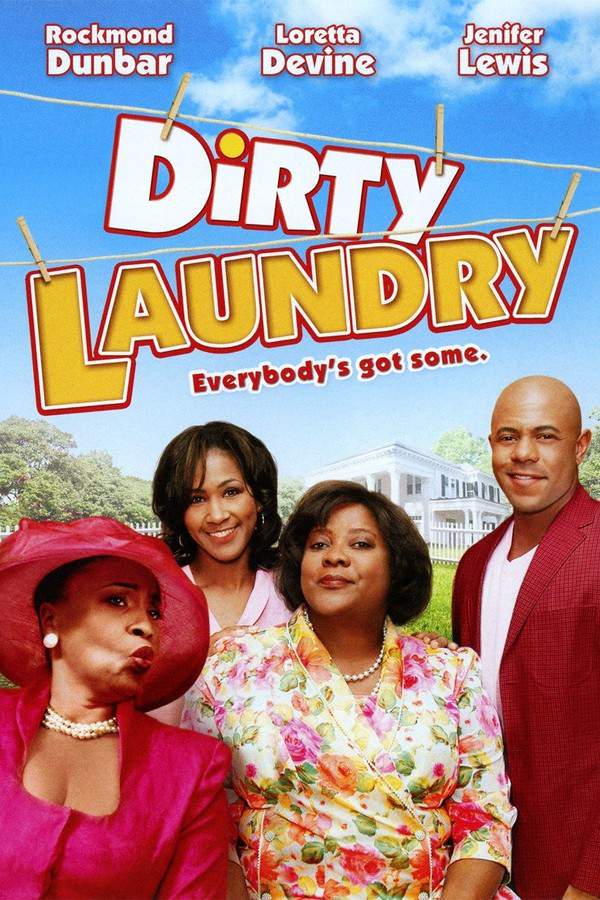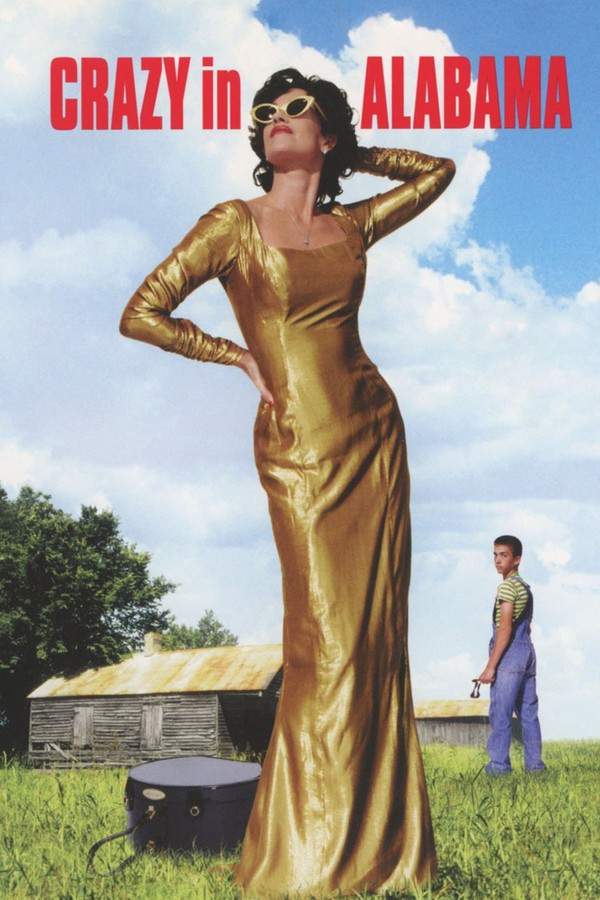
Crazy in Alabama
Year: 1999
Runtime: 111 min
Language: English
In 1965 Alabama, Lucille Vinson retaliates against her abusive husband and then sets off to pursue her dream of becoming a television star in Hollywood. Simultaneously, her nephew Peejoe comes of age amidst the racial tensions of the South, struggling with questions of morality when a young black man is killed by Sheriff John Doggett. Peejoe’s journey explores the complexities of justice and the impact of prejudice in his community.
Warning: spoilers below!
Haven’t seen Crazy in Alabama yet? This summary contains major spoilers. Bookmark the page, watch the movie, and come back for the full breakdown. If you're ready, scroll on and relive the story!
Crazy in Alabama (1999) – Full Plot Summary & Ending Explained
Read the complete plot breakdown of Crazy in Alabama (1999), including all key story events, major twists, and the ending explained in detail. Discover what really happened—and what it all means.
This film intricately weaves the stories of its two protagonists—Peejoe Bullis (Lucas Black](/actor/lucas-black)) and his brother Wiley (David Speck), who are orphaned siblings under the care of their grandmother (Sandra Seacat).
Their lives take a dramatic turn when Lucille Vinson (Melanie Griffith), their aunt, commits murder by killing her husband Chester, who had been an obstacle to her Hollywood dreams of featuring in a sitcom called Bewitched with a promising two-episode role. After killing Chester and concealing his head in a Tupperware container, Lucille leaves her seven children in their grandmother’s care, leaving Peejoe and Wiley without a place to stay. Consequently, they move in with Uncle Dove (David Morse) and his wife Earlene (Cathy Moriarty). Uncle Dove informs Sheriff John Doggett (Meat Loaf) that they are unaware of Lucille’s whereabouts.
As Lucille journeys to Hollywood, she eerily hears Chester’s head, voiced by Brent Briscoe, making sarcastic remarks to her. While at the Fleur de Lys hat shop, she initially encounters an assistant with a sharp tongue, but things take a turn when she ends up spending five hundred dollars on a couture hat to store Chester’s head. Lucille’s misfortunes continue as she steals money and a car from a rude bartender after provoking his ire.
At a roadside coffee shop, the waitress Sally (Fannie Flagg) empathizes with her and offers her a meal on the house, recognizing Lucille’s plight. However, Lucille’s troubles escalate when she gets pulled over by the police and cunningly manages to handcuff the officer, leaving behind his gun at the station in a fit of desperation.
Back in Alabama, Peejoe observes the illegal voting registrations amidst a racially charged atmosphere, as he grapples with the murder of 17-year-old Taylor Jackson (Louis Miller) by the sheriff. This event shakes the town and hurls Peejoe into the spotlight, as he reluctantly becomes associated with the civil rights movement.
Despite the turmoil, Lucille finds fleeting joy and mischief in Vegas, where she revels in gambling and romance with a charming bellboy. Her arrival in Hollywood, while filled with hopes and dreams, leads her to confront difficult social dynamics, including the rude actress Joan Blake (Elizabeth Perkins) on set.
Meanwhile, back in Alabama, Earlene expresses her frustrations over Peejoe’s activism as they gather to witness Lucille’s televised appearance, unwittingly weakening their familial bonds. In a twist of fate, Lucille finds herself in a precarious situation on the Golden Gate Bridge, where she loses her money while attempting to dispose of Chester’s head, leading to her ultimate discovery by police.
The narrative escalates during Lucille’s trial, where she defends herself by painting a portrait of her abusive marriage, likening Chester’s oppressive nature to that of famous cinema icons. Trouble brews as the jury struggles to empathize, culminating in a guilty verdict.
This overwhelming series of events leads to an eccentric Judge Louis Mead (Rod Steiger), who—after lengthy deliberation—issues a suspended sentence of five years’ probation instead of the electric chair, citing Lucille’s non-violent nature directed mainly towards her husband.
The film concludes with Lucille reuniting with her children, leaving the courtroom to a mix of disbelief and relief. Meanwhile, the changing social landscape in Alabama manifests as the town fills in the segregated swimming pool, prompting Peejoe and Wiley to fish with a friend, pondering the new realities of their shared world, now devoid of the exclusivity they once knew.
Last Updated: October 27, 2024 at 21:19
Explore Movie Threads
Discover curated groups of movies connected by mood, themes, and story style. Browse collections built around emotion, atmosphere, and narrative focus to easily find films that match what you feel like watching right now.
Movies like Crazy in Alabama set in the Segregated South
Character-driven tales set against the backdrop of racial tension and change.If you liked the historical setting and social commentary of Crazy in Alabama, explore these other films that use the racially charged landscape of the American South as a powerful narrative force. These movies like Crazy in Alabama feature character-driven drama amidst a backdrop of civil rights struggles.
Narrative Summary
Stories in this thread typically follow characters, often young or coming of age, as they navigate the complex moral landscape of a deeply prejudiced society. The central conflict often arises from the clash between personal decency and systemic injustice, leading to moments of profound realization and bittersweet progress.
Why These Movies?
Movies are grouped here for their shared focus on the American South as a setting rich with dramatic tension and historical weight. They share a tone that balances the gravity of social issues with the intimate, personal journeys of their characters.
Movies like Crazy in Alabama with quirky crime stories
Where eccentric characters commit dark acts, blurring the line between comedy and drama.Fans of the darkly humorous and eccentric crime plot in Crazy in Alabama will enjoy these similar movies. Discover other films that balance quirky characters who commit serious acts with the dramatic consequences that follow, creating a uniquely bittersweet and unpredictable tone.
Narrative Summary
The narrative pattern involves an unconventional protagonist committing a violent or criminal act, often for sympathetic or bizarre reasons, and then embarking on a journey that is both strangely comical and fraught with danger. The story explores the dissonance between the character's eccentric perspective and the gravity of their actions.
Why These Movies?
These films are united by their distinctive tonal blend, where crime narratives are filtered through a quirky or whimsical lens without losing sight of the emotional and moral stakes. This creates a uniquely engaging and offbeat viewing experience.
Unlock the Full Story of Crazy in Alabama
Don't stop at just watching — explore Crazy in Alabama in full detail. From the complete plot summary and scene-by-scene timeline to character breakdowns, thematic analysis, and a deep dive into the ending — every page helps you truly understand what Crazy in Alabama is all about. Plus, discover what's next after the movie.
Crazy in Alabama Timeline
Track the full timeline of Crazy in Alabama with every major event arranged chronologically. Perfect for decoding non-linear storytelling, flashbacks, or parallel narratives with a clear scene-by-scene breakdown.

Characters, Settings & Themes in Crazy in Alabama
Discover the characters, locations, and core themes that shape Crazy in Alabama. Get insights into symbolic elements, setting significance, and deeper narrative meaning — ideal for thematic analysis and movie breakdowns.

Crazy in Alabama Spoiler-Free Summary
Get a quick, spoiler-free overview of Crazy in Alabama that covers the main plot points and key details without revealing any major twists or spoilers. Perfect for those who want to know what to expect before diving in.

More About Crazy in Alabama
Visit What's After the Movie to explore more about Crazy in Alabama: box office results, cast and crew info, production details, post-credit scenes, and external links — all in one place for movie fans and researchers.

Similar Movies to Crazy in Alabama
Discover movies like Crazy in Alabama that share similar genres, themes, and storytelling elements. Whether you’re drawn to the atmosphere, character arcs, or plot structure, these curated recommendations will help you explore more films you’ll love.
Explore More About Movie Crazy in Alabama
Crazy in Alabama (1999) Scene-by-Scene Movie Timeline
Crazy in Alabama (1999) Movie Characters, Themes & Settings
Crazy in Alabama (1999) Spoiler-Free Summary & Key Flow
Movies Like Crazy in Alabama – Similar Titles You’ll Enjoy
Gun Crazy (1950) Spoiler-Packed Plot Recap
Fried Green Tomatoes (1992) Full Movie Breakdown
Crazy Heart (2009) Film Overview & Timeline
Guncrazy (1992) Film Overview & Timeline
Sweet Home Alabama (2002) Movie Recap & Themes
Crazy on the Outside (2010) Movie Recap & Themes
A Lion Is in the Streets (1953) Full Summary & Key Details
Tuscaloosa (2020) Film Overview & Timeline
Girl Crazy (1943) Ending Explained & Film Insights
Crazy People (1990) Complete Plot Breakdown
Crazy Like a Fox (2006) Story Summary & Characters
Dirty Laundry (2007) Plot Summary & Ending Explained
Stars Fell on Alabama (2021) Complete Plot Breakdown
Nothing But a Man (1964) Movie Recap & Themes
The Sun Shines Bright (1953) Spoiler-Packed Plot Recap

